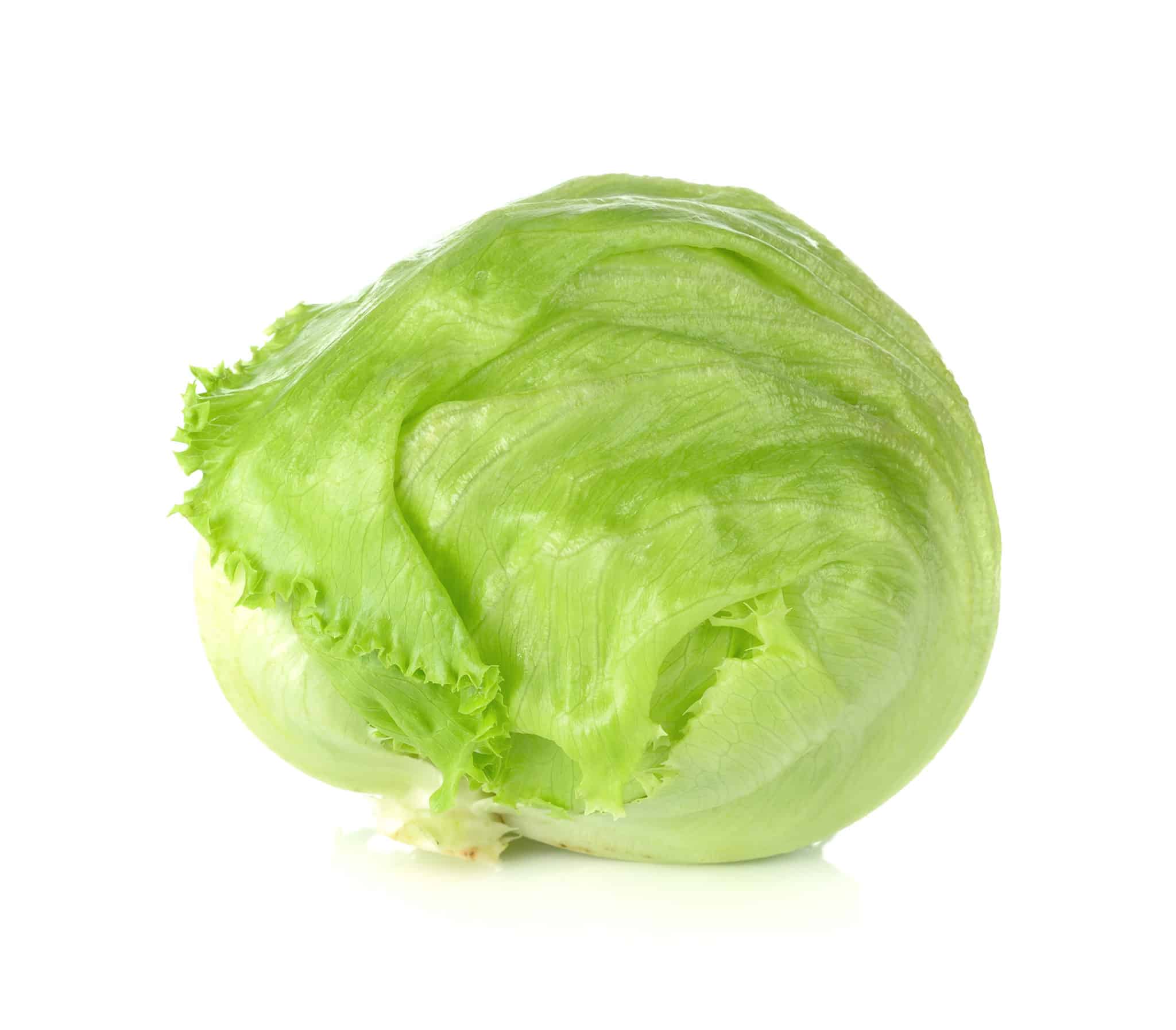Food has been the activist tool of choice in recent weeks, from tomato soup thrown on Van Gogh and mashed potato on Monet, to chocolate cake on King Charles’ waxwork and the now infamous Liz Truss versus Iceberg lettuce. New reports of Suella Braverman’s moniker as ‘leeky Sue’, in reference to her leaks from a non secure email address, might be funnier if it wasn’t so reminiscent of the leaky boats of desperate refugees trying to cross the channel to escape a life of horror that she is so hell bent on banning.
So what’s going on?
In some ways, reverting to a food fight is perhaps the exact reaction you might expect in response to childish politics that seemingly have no connection to real world context.
But perhaps there is also something poignant in food finding itself at heart of the huge challenges of our time, including climate action and the not unrelated effects of a broken capitalist and global world trade system sending costs-of-living soaring. Because that’s exactly where it should be.
Look anywhere, from ill health to a degraded environment, and it’s food that can be either the cause or the solution. How we produce our food in the future is intricately linked to how resilient we are in the face of a changing climate. Not to mention the tragic reality of rising food poverty in the UK, children going hungry, and food bank use rising.
Dousing a famous painting with tomato soup is, to my mind, a fair representation of how it is everyday lives that will be affected by a lack of urgent action among those in power.
The fact that most of these recent instances have been calling for climate action, coupled with a new poll by the Guardian that found that 66 per cent of people are in favour of direct action to protect the environment, suggests that it’s the leaders, not the public, who are out of touch on this one.
As we head towards the next global climate talks (COP27 begins on 7 November), where food systems have its own pavilion for the first time, perhaps it will have a bigger voice – though it all feels a world away from the frontlines of where food shortages and the climate crisis are happening in real time. It is hard to believe how there is any reluctance to act when you see how Pakistan has been under water for months, and the wildfires that spread across multiple parts of the world last year. And where is the outrage that 70 per cent, that’s nearly three quarters, of our entire global wildlife populations have been lost? COP15, the global biodiversity summit in December, has potential to fix this – but we need more people pressure to act.
When Prime Ministers don’t last longer than a perishable lettuce, it will be the demonstrations of citizens caring, and the power of mass social movements, that will ultimately put enough pressure on to cause change. And with clampdowns on rights to protest powering ahead in the UK, it is becoming harder, while also more important, to speak out and demand we create a better world now for generations to come.
Working and writing about food is always a great leveller; everyone in the world needs to eat and it’s a unique way of empathising across cultures and languages. Perhaps, now, we’re only just understanding its powerful role in activism – bringing food to the table in a whole new way.













0 Comments